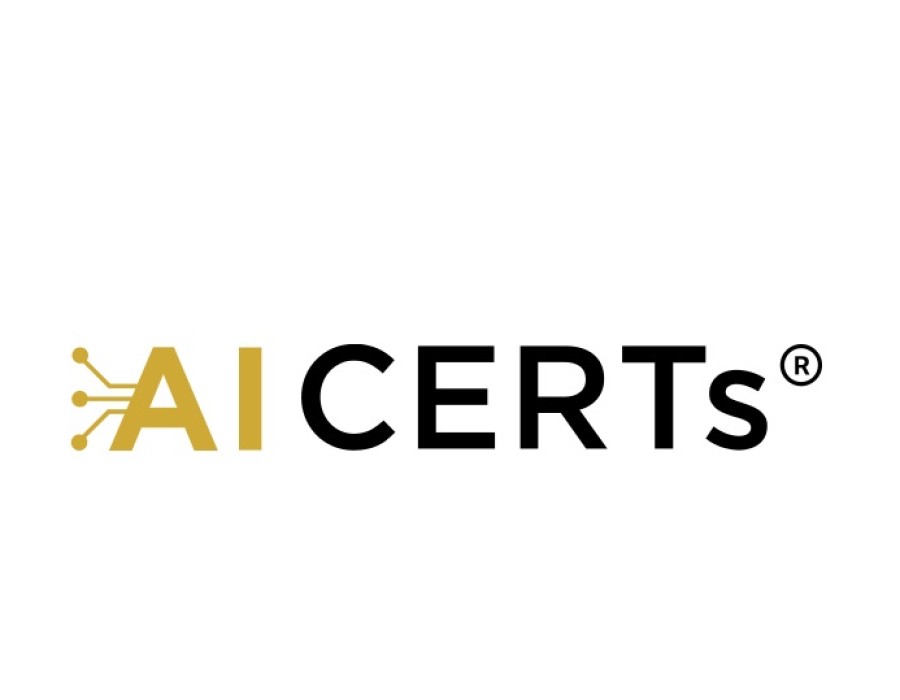Education is undergoing a transformation that is as profound as it is rapid. Digital tools are no longer just an enhancement to teaching—they are becoming essential components of effective pedagogy. In this landscape, the AI Educator Certification stands out as a gateway for teachers to integrate artificial intelligence seamlessly into their classrooms. This isn’t about replacing the human touch; it’s about enhancing it with data-driven insights, personalized learning pathways, and dynamic, interactive content.
Teachers who embrace AI are not only better equipped to meet the diverse needs of students but also prepared to stay relevant in a tech-driven educational ecosystem. From adaptive learning platforms to automated grading systems, artificial intelligence has the potential to reduce repetitive workloads, freeing educators to focus on what truly matters—engaging and inspiring students.
The New Toolbox: AI-Powered Educational Resources
One of the most immediate benefits of AI integration is access to AI-powered educational resources. These resources can analyze student performance in real time, identify knowledge gaps, and suggest tailored activities or remedial lessons. For example:
- Language learning apps that adapt difficulty levels based on a learner’s progress.
- STEM platforms that offer personalized exercises to strengthen weak areas.
- AI tools that help teachers design interactive quizzes aligned with curriculum goals.
Such tools ensure that each student’s learning journey is unique and optimized for their growth. For teachers, this means less guesswork and more targeted instruction.
Why AI in Education Training Is Essential
As technology evolves, so must the skills of educators. AI in education training goes beyond introducing teachers to software—it equips them with the ability to critically assess which AI tools are effective, ethically sound, and pedagogically appropriate. This type of training empowers teachers to:
- Understand the data AI systems collect and how to interpret it.
- Align AI tools with curriculum standards and learning objectives.
- Foster digital literacy among students by teaching them how AI works.
The result is a classroom where technology serves learning rather than distracting from it, and where students are prepared for a future in which AI will be a part of nearly every profession.
AI-Driven Teaching Programs for the Modern Classroom
Enrolling in an AI-driven teaching program allows educators to practice integrating AI into lesson plans, assignments, and assessments. These programs often include hands-on workshops, scenario-based learning, and case studies drawn from real classrooms. Teachers learn how to:
- Create lesson plans enriched by AI analytics.
- Use AI to facilitate differentiated instruction.
- Incorporate AI simulations for subjects like science and history.
This approach bridges the gap between theory and application, ensuring teachers can translate AI concepts into engaging classroom activities.
The Path to Becoming an AI Educator
For many, the decision to become an AI educator is driven by the desire to future-proof their teaching career. AI integration is not a passing fad—it’s a long-term shift in how education is delivered and experienced. By gaining practical experience with AI tools and strategies, educators can offer their students a richer learning environment while also positioning themselves as leaders in their schools or districts.
Educators who take this step often see increased student engagement, improved academic performance, and greater professional satisfaction. More importantly, they help close the gap between traditional teaching methods and the skills students need in a technology-driven world.
Why AI Certification Matters for Teachers
An AI Certification serves as a formal recognition of an educator’s expertise in integrating artificial intelligence into teaching. It signals to employers, parents, and peers that the teacher is committed to continuous professional growth and equipped with the latest educational technology skills. In competitive job markets, this credential can be the differentiator that opens doors to leadership roles, specialized teaching positions, or opportunities in educational consulting.
Conclusion
The future of education belongs to those who can blend traditional teaching excellence with cutting-edge technology. AI+ Certification is more than just a credential—it’s a mindset shift toward smarter, more personalized, and more efficient teaching. As classrooms continue to evolve, educators who embrace AI will not only enhance their students’ learning experiences but also redefine what it means to be a truly tech-savvy teacher.




.jpg)

Comments